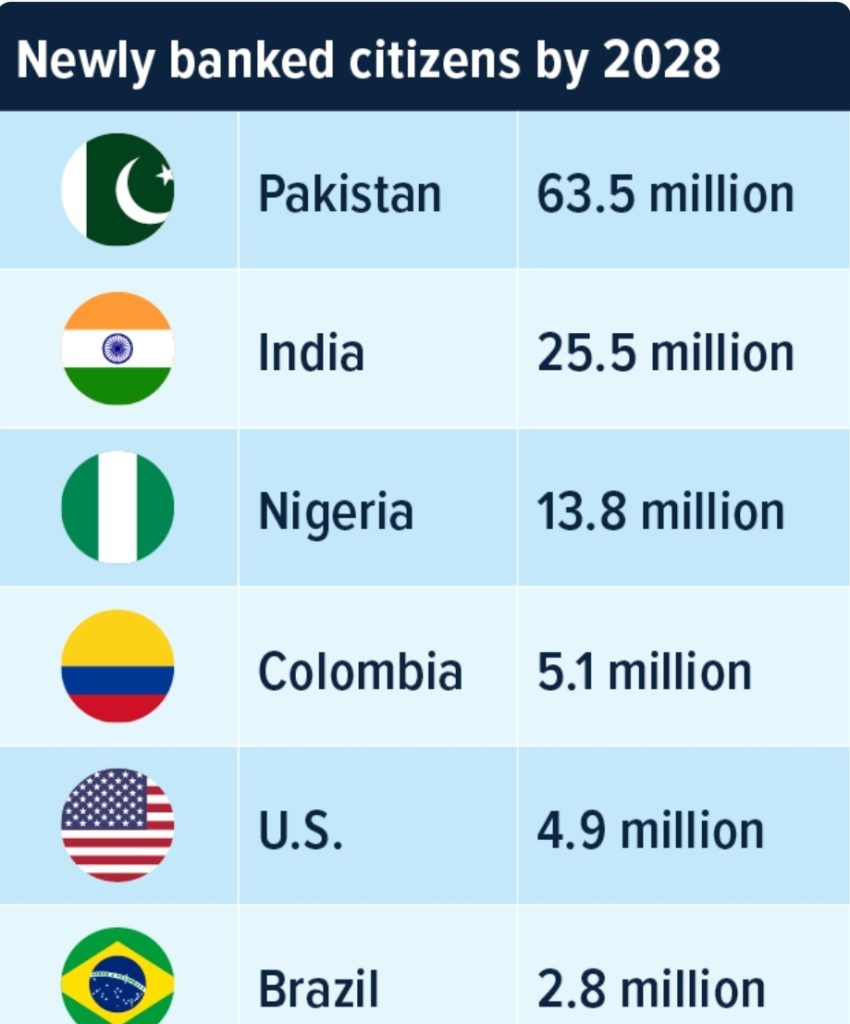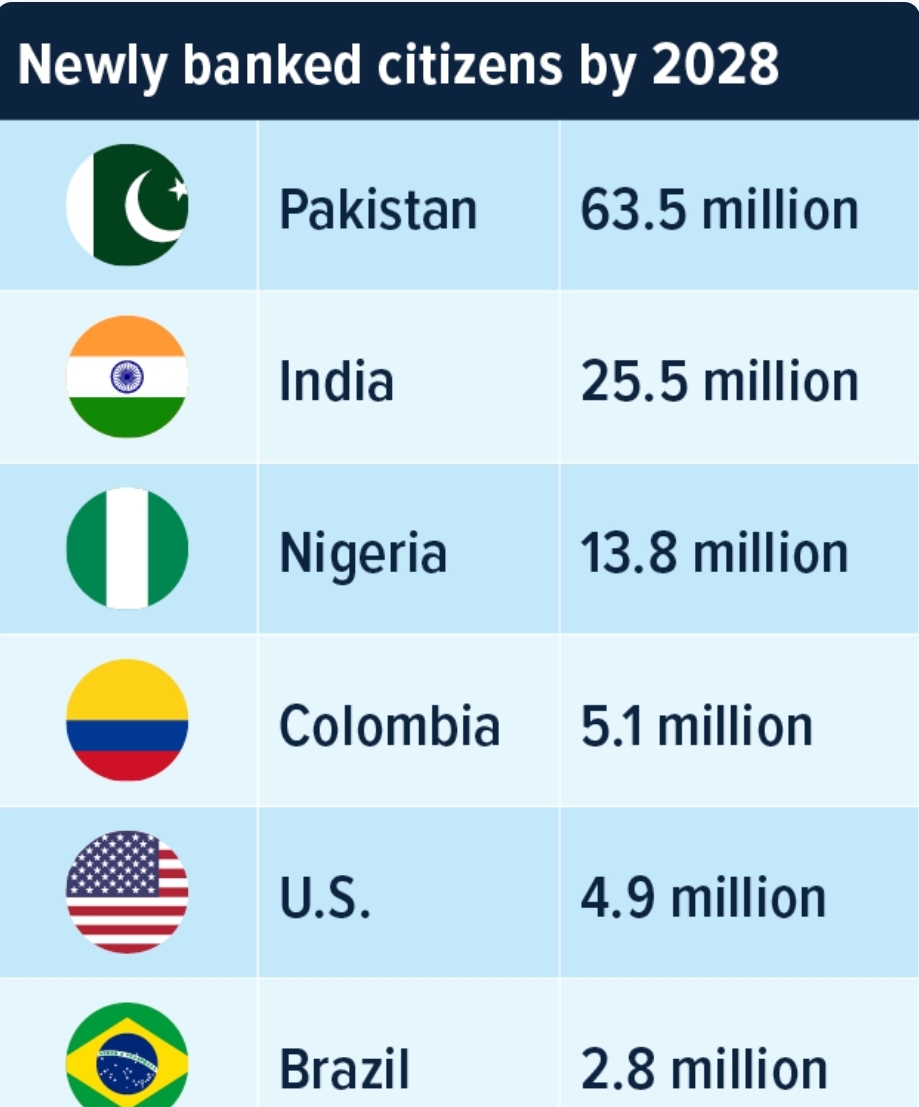India is at the forefront of real-time payments, showcasing an extraordinary transformation in customer experience and financial inclusion. According to ACI Worldwide’s latest report, these payments boosted India’s GDP by $50 billion in 2023. By 2028, this impact could grow to $76.5 billion. With 25.5 million new bank account holders expected, the effects on financial inclusion are immense. Real-time payments are reshaping how customers interact with financial systems, making payments faster, easier, and more secure.
The Transformational Role of Real-Time Payments in Customer Experience
Speed and Convenience
Real-time payments offer instant transactions, replacing slow traditional systems. Customers experience quick fund transfers, reducing waiting times significantly. For businesses, this means faster invoicing and cash flow improvements.
Accessibility for Underserved Populations
Many in rural or underserved areas lack access to traditional banking. Real-time payments provide these individuals with instant, reliable solutions. They empower millions to join the formal financial system, offering a gateway to better economic opportunities.
Empowering Individuals and Businesses
Micro, small, and medium enterprises (MSMEs) thrive with these systems. Faster payments reduce financial stress for businesses, while individuals enjoy seamless transactions. This level of efficiency is critical for enhancing customer trust and satisfaction.
Financial Inclusion as a CX Driver
Financial inclusion is no longer just a goal; it’s a key driver of enhanced customer experience. Real-time payments have proven to help millions access banking services for the first time.
Bringing the Unbanked into the Fold
By 2028, 25.5 million Indians are expected to open new bank accounts. These accounts bridge gaps in financial access, allowing individuals to save, invest, and transact digitally.
Case Studies in Success
For instance, farmers in remote areas can receive subsidies directly into their accounts, bypassing intermediaries. Similarly, workers benefit from instant wage payments, improving their quality of life.
Enhancing Profitability with Purpose for Financial Institutions
While real-time payments enhance CX, they also present enormous profit potential for banks and financial institutions.
A $24.6 Billion Opportunity
The projected growth of new account holders opens significant revenue streams for banks. With a lifetime customer value estimated at $963, the opportunity is vast.
Aligning Profitability with Inclusion
Banks can design CX strategies to balance profit motives with a commitment to financial inclusion. Offering user-friendly mobile apps and innovative services ensures retention while driving economic empowerment.
Global Benchmark: India Leading the Charge
India has set a benchmark in real-time payments with 129.3 billion transactions in 2023. This number dwarfs global averages and reflects the nation’s commitment to innovation.
Comparison with Global Trends
Globally, real-time payments are expected to contribute $285.8 billion to GDP growth by 2028. India’s leadership positions it as an example for others to follow.
A Model for Economic Integration
Other nations can adopt India’s model of combining technological innovation with financial inclusion policies. This approach can build a more connected, empowered global economy.
Real-Time Payments and the Economy
The economic benefits of real-time payments extend beyond banking to support broader economic growth.
Supporting GDP Growth
Real-time payments contributed to India’s rise as a major economic player, supporting S&P Global’s prediction of becoming the third-largest economy by 2030–31.
Streamlining Remittances
Cross-border remittances become quicker and less expensive. This efficiency directly benefits migrant workers and their families, enhancing economic stability.
The Future of Real-Time Payments and CX in Financial Services
The future of real-time payments is bright, driven by technological innovation and evolving customer expectations.
Emerging Trends
AI-driven payment systems, digital wallets, and blockchain are shaping the next wave of real-time payments. These tools enhance CX further by ensuring security and personalization.
Challenges and Opportunities
While opportunities abound, challenges such as cybersecurity and system scalability remain. Banks must address these issues to maintain customer trust and system reliability.
Collaboration Between Banks and Fintechs
Partnerships between traditional banks and fintech companies will be crucial. Together, they can innovate solutions that combine inclusivity, efficiency, and profitability.

Conclusion
Real-time payments are revolutionizing customer experience while driving India’s economic growth and financial inclusion. They showcase how technology can empower individuals and uplift entire economies. By aligning profitability with purpose, banks and financial institutions have a unique opportunity to shape a brighter, more inclusive future.

